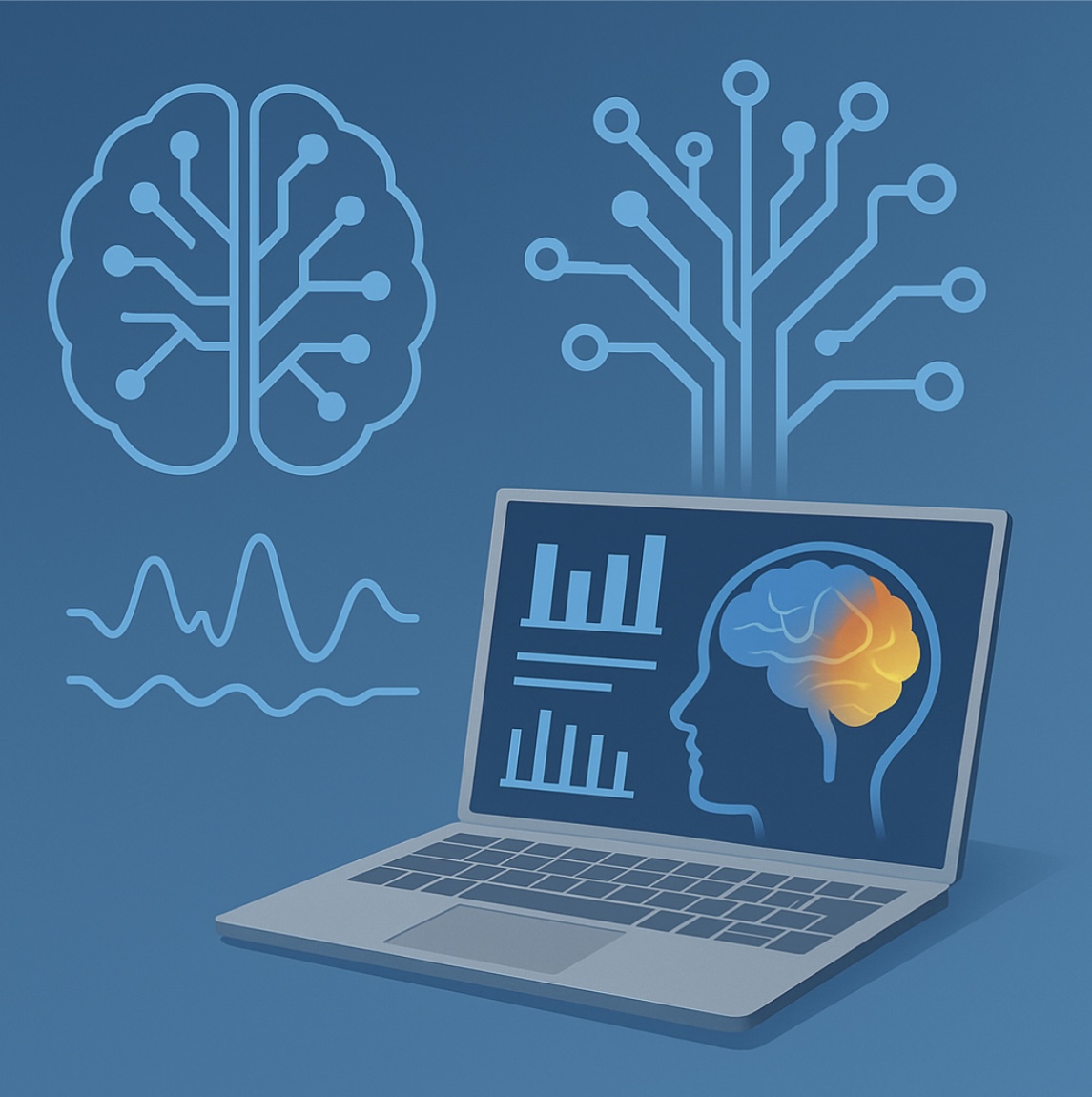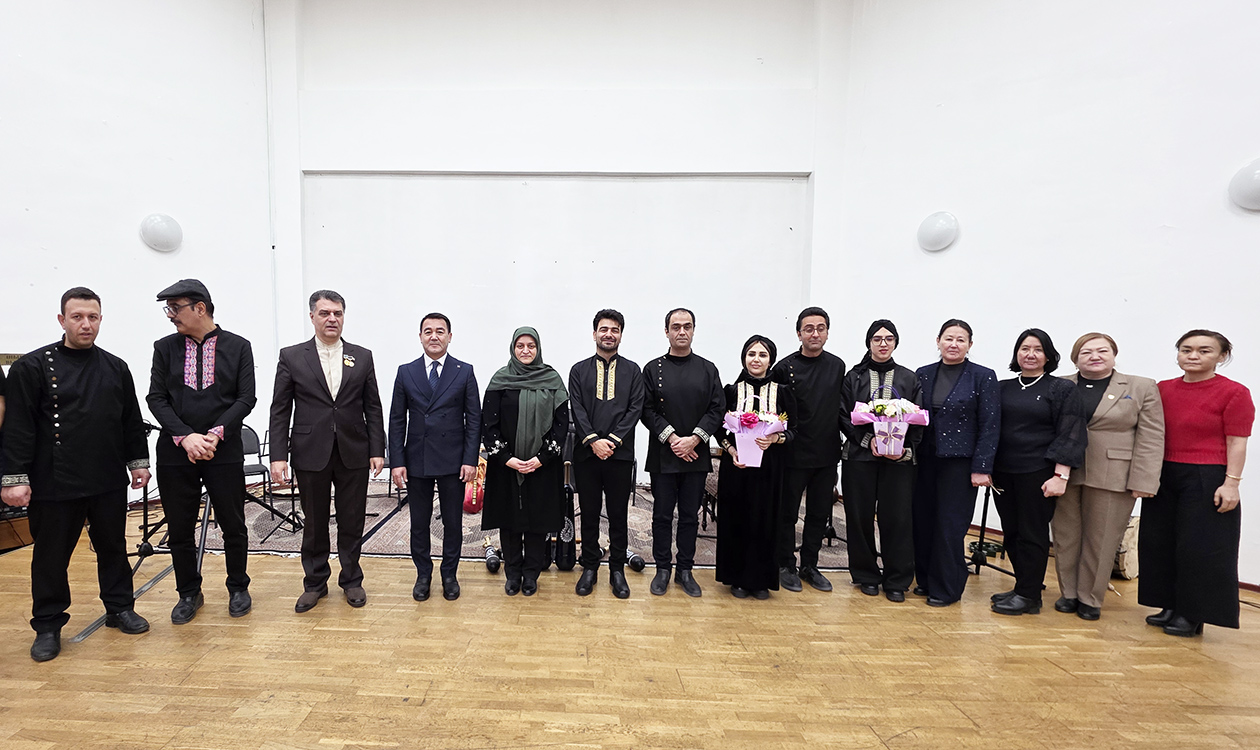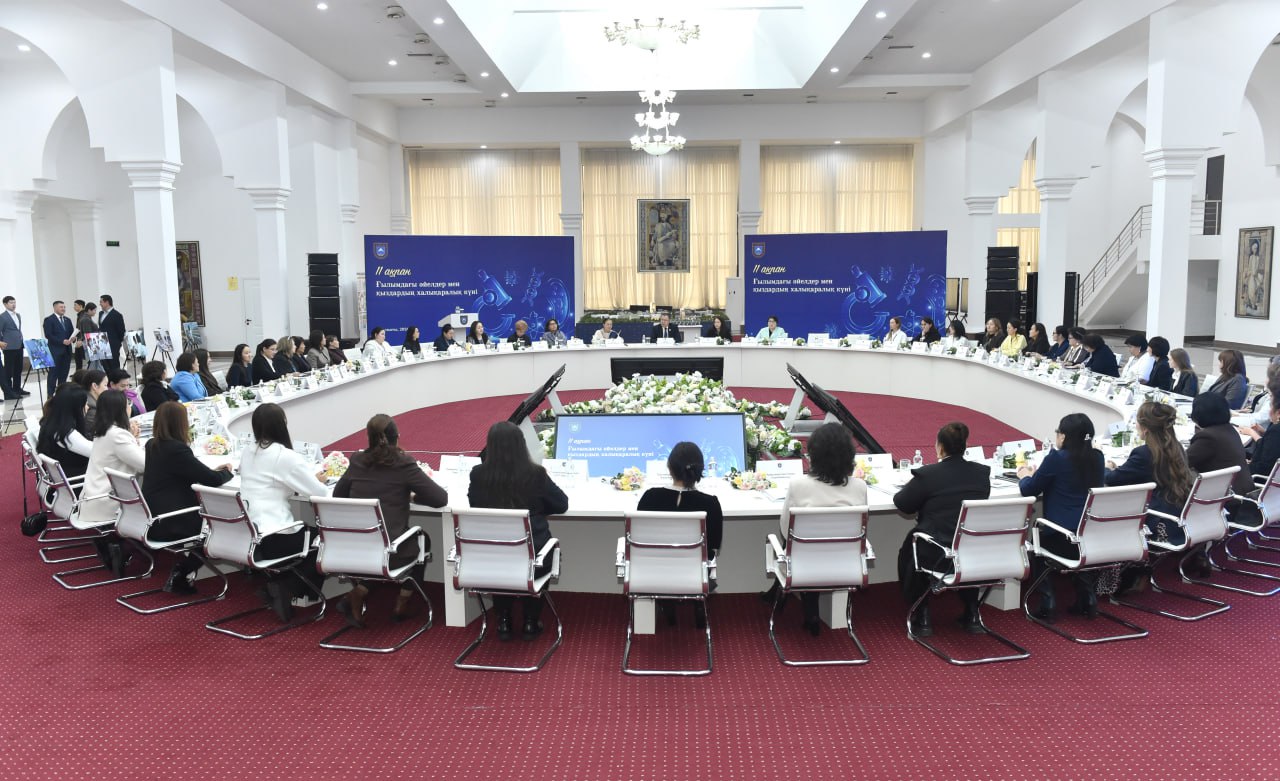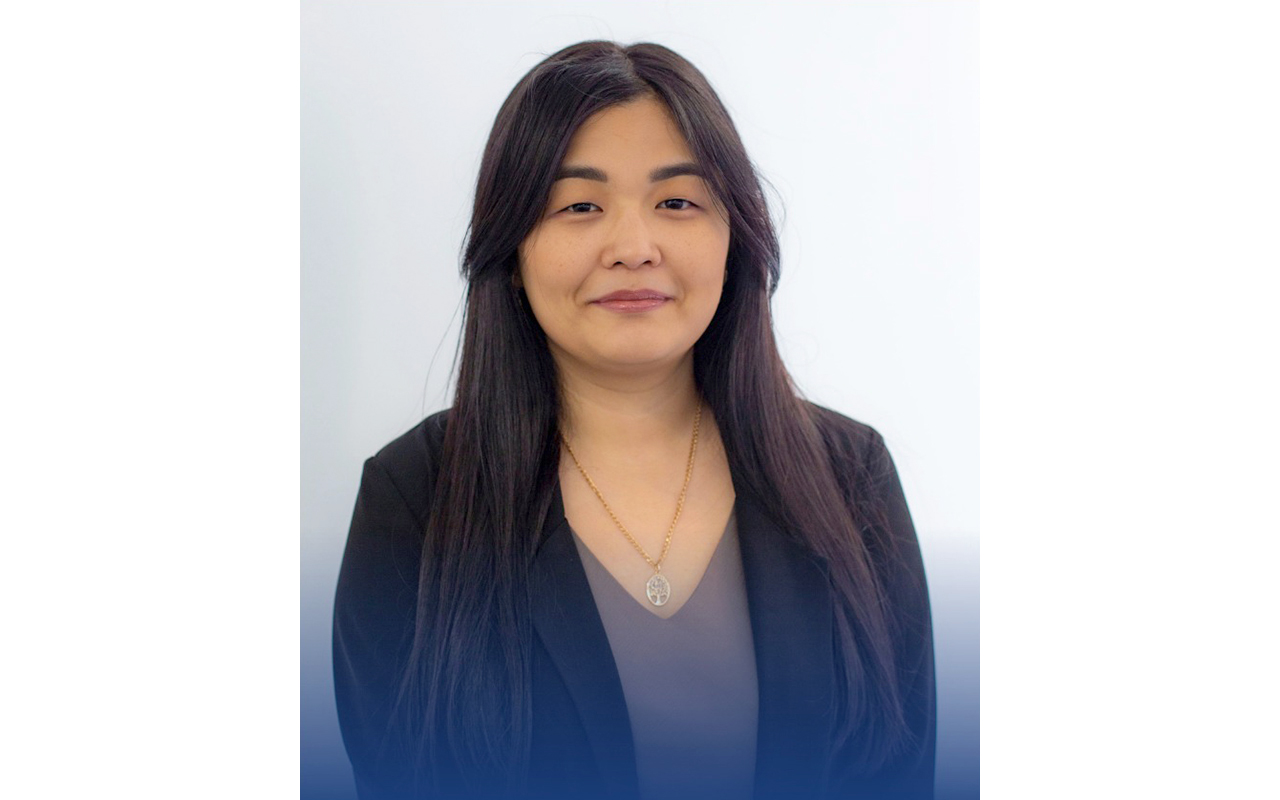- Main
- News
- Round Table “AI Capabilities in Solving Practical Problems of Neuroscience” at the Faculty of Biology and Biotechnology of Al-Farabi Kazakh National University
Round Table “AI Capabilities in Solving Practical Problems of Neuroscience” at the Faculty of Biology and Biotechnology of Al-Farabi Kazakh National University

On October 1, 2025, a round table discussion on the topic “AI Capabilities in Solving Practical Problems of Neuroscience”was held at the Faculty of Biology and Biotechnology of Al-Farabi Kazakh National University.
The event was organized by the Department of Biophysics, Biomedicine and Neuroscience, and was actively attended by students, master’s and doctoral students of the “Neuroscience” educational program. The round table was moderated by Professor Almira Melsovna Kustubayeva, Head of the Department of Biophysics, Biomedicine and Neuroscience, and Director of the Brain Institute of Al-Farabi KazNU. In her opening remarks, she emphasized the importance of integrating digital technologies and artificial intelligence into modern neurobiological research.
Speakers included:
Mikhail Evgenievich Melnikov, Candidate of Biological Sciences, Leading Researcher at the Laboratory of Computer Biofeedback Systems of the Federal Research Center for Fundamental and Translational Medicine (Novosibirsk, Russian Federation); Professor Almira Melsovna Kustubayeva, Head of the Department of Biophysics, Biomedicine and Neuroscience, Director of the Brain Institute of Al-Farabi KazNU; Ruslan Zhulduzbayev, PhD candidate at the Kazakh-British Technical University, specializing in computational processing of brain biosignals.
Dr. Melnikov presented an overview of current trends in the application of artificial intelligence for analyzing neurophysiological data and modeling cognitive processes. Professor Kustubayeva highlighted practical examples of applying machine learning algorithms to EEG and functional neuroimaging data in studies of normal brain development and aging, aimed at predicting typical and atypical trajectories. Ruslan Zhulduzbayev introduced a promising approach to processing brain biosignals using deep learning algorithms.
During the discussion, participants exchanged views on the prospects for integrating AI tools into education and research projects, as well as challenges related to the interpretation of neural data and ethical aspects of automated analysis.
In conclusion, participants emphasized that the integration of artificial intelligence into neuroscience opens new horizons for interdisciplinary research and contributes to the development of innovative educational programs at the Faculty of Biology and Biotechnology.
Gaukhar Datkhabayeva, PhD, Deputy Dean for Research, Innovation, and International Cooperation, Faculty of Biology and Biotechnology, al-Farabi Kazakh National University.
Other news


